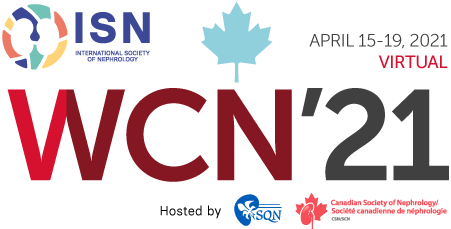Lifelong personalized plans for vascular access in hemodialysis patients
Hemodialysis is life-sustaining therapy for many patients with chronic kidney disease, but choosing how to access a patient’s blood for treatment presents pros and cons, depending on their situation.
“We have seen that a ‘one-size-fits-all’ approach to medicine, and for hemodialysis vascular access, does not necessarily work for all,” says Charmaine Lok, Professor of Medicine at the University of Toronto and Senior Scientist at the Toronto General Research Institute, Canada. “This approach can result in increased morbidity and brings costs, both to the patient’s health and to the health care system.”
Prof. Lok says that each patient faces a unique set of challenges, and therefore a population approach to vascular access care is not always suitable for the individual patient’s needs.
“Patients have different issues that affect dialysis care that we need to take into account, such as the number and severity of any comorbidities, their functional abilities, social support, and their personal preferences for kidney replacement therapy and dialysis access.
“We need to do research to evaluate the impact of an individualized approach to vascular access care to fully understand its health outcomes, cost, patient satisfaction, and quality of life.”
In her talk at WCN’21, Prof. Lok will discuss some of the new concepts published in the Kidney Disease Outcomes Quality Initiative Vascular Access Guidelines 2019. These guidelines focus on a more comprehensive overall patient strategy, in which the patient’s vascular access needs are a key part.
Dr. Charmaine Lok “Vascular access – Right patient, right access, right reason,” theme symposium: Vascular Access – Global challenges, innovations and updates, Friday 16 April, 12.30-14.00 hrs Montréal (Canada) time.









